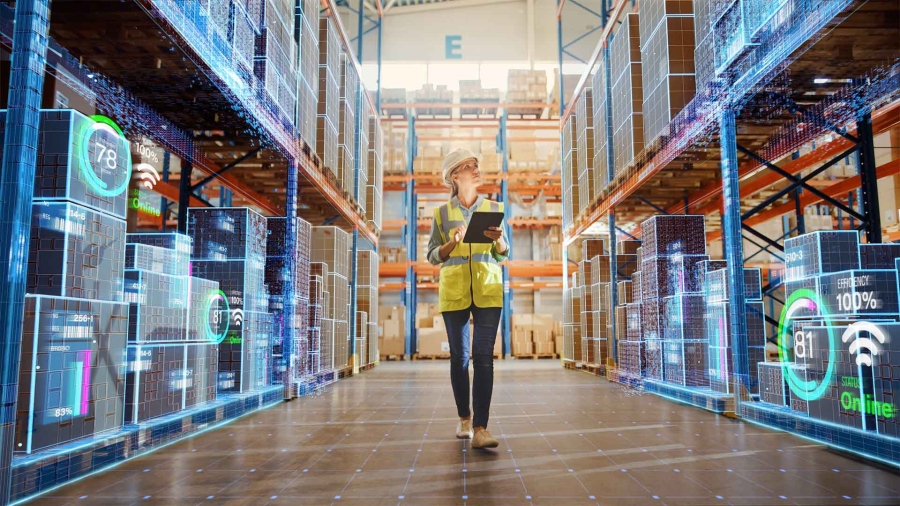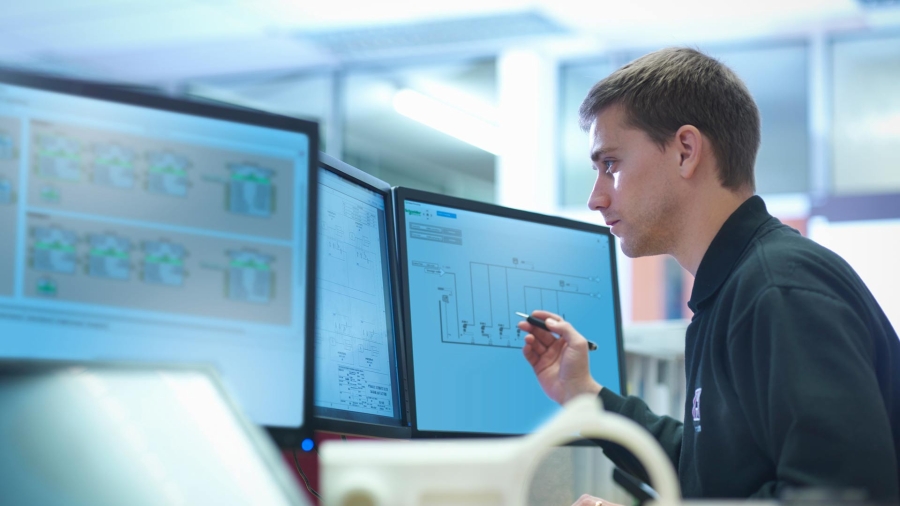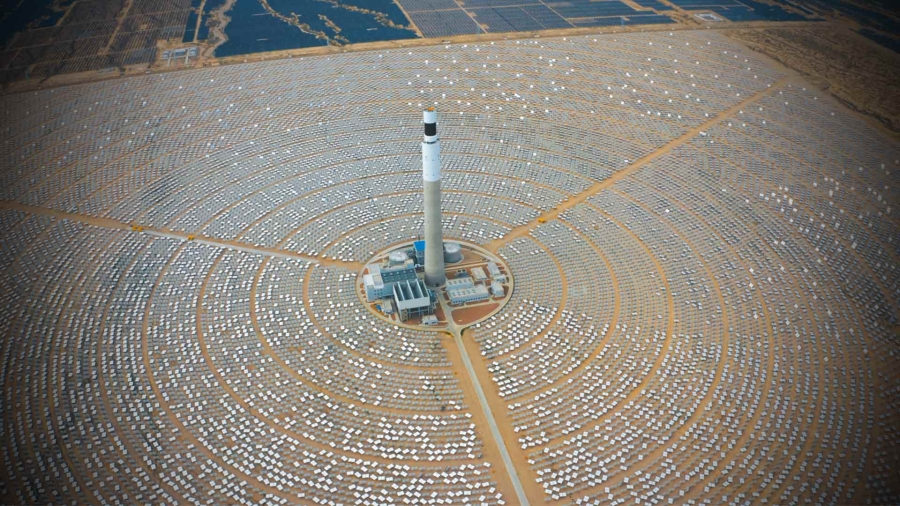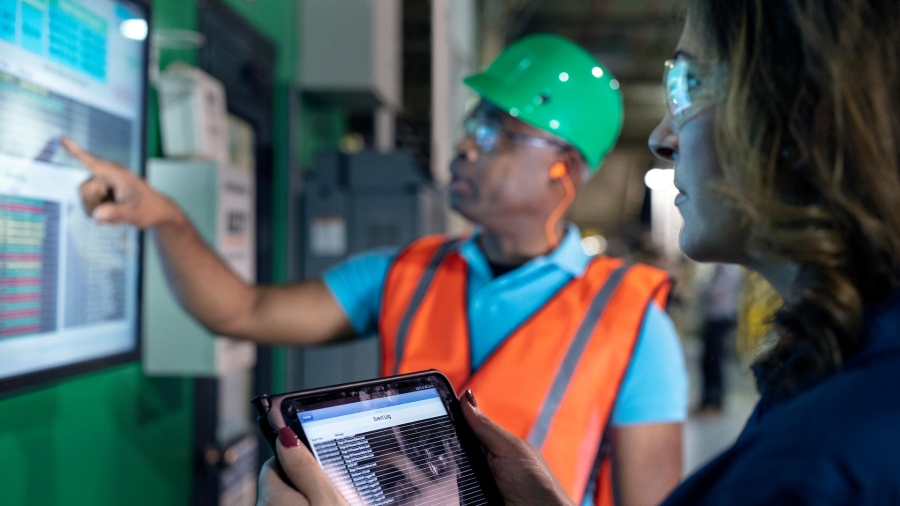Automation in industrial processes has been evolving and increasing in importance with the focus on digital transformation and sustainability requirements. Current PLC-based automation is robust and reliable but is built on automation principles that are five decades old, where the PLC hardware and software are linked. This is causing automation engineers challenges in meeting the requirements of the modern industrial businesses and automation systems, which has many components and requirements across different hardware and software. It’s not flexible. And it’s becoming more and more difficult to meet today’s business requirements with PLC-based automation.
What should the next generation of automation look like? A new concept of universal automation, which is based on the IEC 61499 standard, is afoot. The universal approach to automation is revolutionary because it’s all about decoupling hardware and software. Universal automation takes an open, software-centric approach with plug-and-produce automation software components where industrial applications can be freely modelled precisely because the software is decoupled from any specific manufacturer’s hardware.
Throughout the film, experts from universities, mechanical engineering and industry discuss examples of universal automation, the new application structure, event-driven execution, and decentralized distribution as well as share a proofs of concept and business benefits.
The practical, hands-on expertise and experience shared will open your mind to the possibilities of universal automation.















